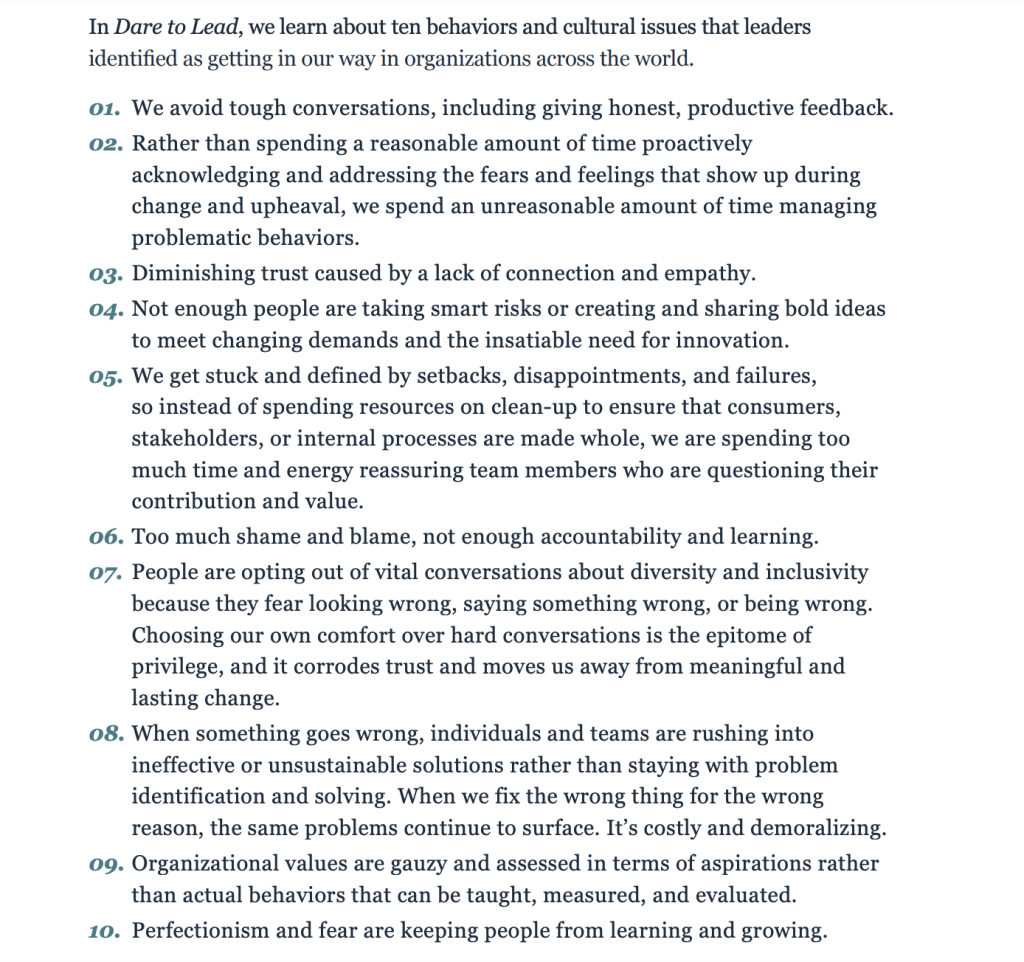Creating a Culture of Quality
A culture that is embedded figuratively eats everything around it. Once a culture is defined, it takes on a life of its own. Slowly, bit by bit, more bricks are laid on top of those early foundations, those decisions. And, before you realise it, your culture has been set.

The Startup Culture
Working as a startup is fun. It’s an ecosystem of bubbling hope one minute, deepest despair the next. You pivot so often you feel dizzy. The lead time between decision and result is breathtaking in its brevity. You see impact straight away. Love autonomy? Then startup land is for you.
But here’s the funny thing. I’ve experienced from working in, and have being witness to, many less than ideal (some plainly toxic) cultures in startups. Minimal collaboration, minimal testing and minimal transparency. Why is that? Surely with a small company it should be easier to do?
As I see it, as a startup, you are in a unique position to build a culture that is different to those you see in many large enterprise organisations. One that for example, encourages autonomy, mastery and purpose. Or one that builds quality in without resorting to heavy restrictive processes. So why with a small company, with no more than ten people am I seeing similar patterns of behaviour that classify as anti-patterns in any other business structure?
Why is it, that many startups appear to be slimmed down replicants of the exact culture they are trying to move away from?
I believe that companies don’t explicitly set out to mimic these companies, but rather they obliviously evolve into one through trade off and prioritisation.
Tradeoffs Impact Culture
Startup land is all about tradeoff and prioritisation. Why? Because we’re resource poor. We simply don’t have the bandwidth to roll out all the wonderful things we have a vision for. Tough choices have to be made. And sometimes somebody or something loses out.
At a superficial level, the impact is in output. Employee policies well intended are delayed until they are absolutely necessary. Diversity and inclusion becomes a nice to have, not an essential and we will ‘get round to it’ at some point. The standard of quality drops and becomes the norm but that’s ok, cos we can fix it quickly.
There’s a deeper less obvious impact. It’s easy to be oblivious to it. You’ve heard the phrase: “the standard you walk by is the standard you accept…” In startup land, the standard you walk by is the culture you create. When you begin a startup, you’re not only building a product, you’re building a company and along with it, a culture. Decisions made in the early days, those tradeoffs you make, define and shape the company culture.
Is your company all about employee consideration and value, yet there’s little/no discussion on employee benefits? Is your company all about autonomy yet only the founders make decisions? Is your company all about quality, yet you simply don’t have time or the budget to invest in any software testing?
This may sound harsh. But the reality is, from day one, you are building the company culture. What you prioritise as a startup, becomes the defining standard. It becomes built into the companies metaphorical bricks and mortar.
Culture eats and eats and ….
A culture that is embedded figuratively eats everything around it. Once a culture is defined, it takes on a life of its own. Slowly, bit by bit, more bricks are laid on top of those early foundations, those decisions. And, before you realise it, your culture has been set. Once that happens, it’s far harder (though not impossible) to reset.
Knowing your values helps in this. Brene Brown has some excellent material on this in her book Dare to Lead. You can also find material on the website.

Knowledge is key
Discussing the implications of your decisions and how you can mitigate the impact of these decisions helps too. Ask people to make you accountable on the small things that you might understandably walked past.
Becoming knowledgeable helps too. As an expert in technical quality and software testing, I know that having good quality doesn’t have to be compromised on the alter of cost of and speed. It does however require insight and understanding of strategy. Of when and what to invest in, and what to ignore. For example, building quality in does not mean excessive testing it’s about learning and understanding your market and facilitating experimentation. Perhaps some of the key threats to quality for startups are rigidity of approach and blinkered mindset that fail to learn from previous decisions made.
As a founder of a growth company all this fascinates and excites me. It challenges me do do and ‘be’ better. Have you we got a long way to go? Hell yeah, but that’s half the fun, right?




Comments ()